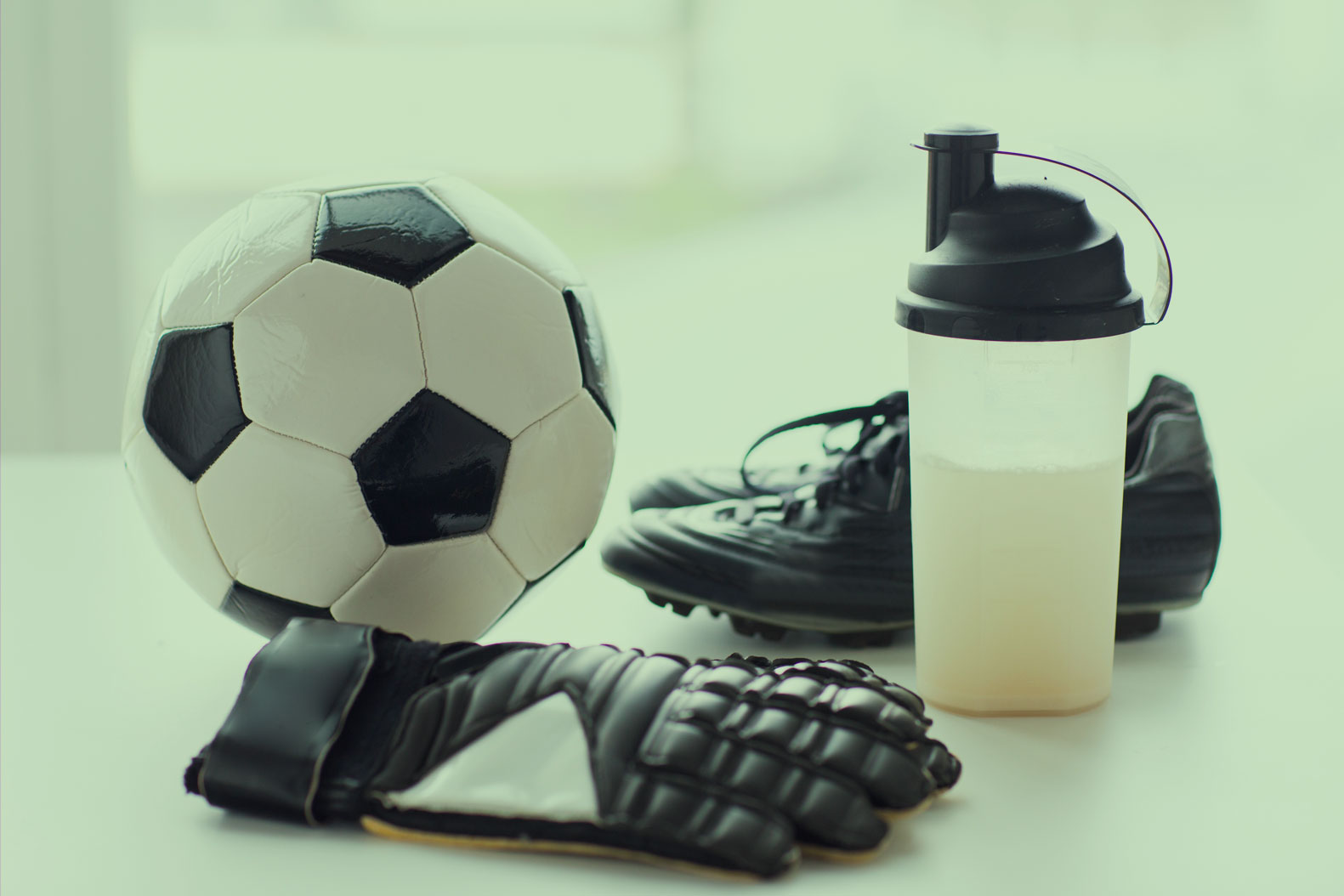
The influence of diet on goalkeeper performance
Antoine Roex, Keeper In Motion – 14 November 2024
Find out how a balanced diet impacts the performance of goalkeepers. Proper nutrition improves energy, concentration, recovery and physical condition, all of which are essential for optimum performance.
The importance of carbohydrates for energy and concentration
Carbohydrates are essential for goalkeepers as they provide a sustainable source of energy. Goalkeepers’ activities require constant vigilance and explosive movement, and complex carbohydrates, such as those found in whole grains, fruit and vegetables, help maintain stable energy levels throughout the match. This energy stability also helps to reduce mental fatigue, which is crucial in a position where attention and concentration are paramount. A regular intake of carbohydrates before matches and training sessions ensures sufficient energy reserves to maintain alertness and speed of reaction.
Proteins for muscle recovery
Sudden, intense movements such as diving or jumping require strong, healthy muscles. Proteins play a central role here, promoting muscle repair and reducing the risk of injury. After exercise, protein from lean sources, such as chicken, fish or pulses, helps to rebuild damaged muscle fibres and prepare the body for the next performance. By incorporating protein after training or matches, goalkeepers benefit from improved recovery, enabling them to resume activities quickly without accumulating muscle fatigue.
Healthy fats for brain function and agility
Fats, although often underestimated, are crucial for cognitive function and agility in keepers. Healthy fats, such as those found in avocados, nuts and olive oil, support healthy brain function and help reduce inflammation in the body. This translates into better decision-making in the field and reduced joint or muscle pain after exercise. By limiting saturated fats and favouring unsaturated fats, goalkeepers increase their reaction capacity and maintain good agility, key elements in effectively blocking shots.
Hydration and micronutrients for optimum performance
Hydration plays an essential role in maintaining good physical and mental endurance. Goalkeepers need to stay well hydrated before, during and after training or matches to avoid lapses in concentration and muscle cramps. As well as water, electrolyte-enriched drinks can be beneficial in replenishing mineral salts lost during physical exertion. Micronutrients such as vitamins C and E and minerals such as potassium and magnesium also help to reduce oxidative stress and boost the immune system, which are essential for recovery and resilience.
Conclusion
A goalkeeper’s diet plays a decisive role in his performance on the pitch. By adopting a balanced approach, rich in carbohydrates, proteins and healthy fats, and ensuring optimal hydration, goalkeepers can maximise their agility, mental endurance and muscle recovery. Proper nutrition is not just a support, but an essential lever for excelling in a physically and mentally demanding role.
References :
